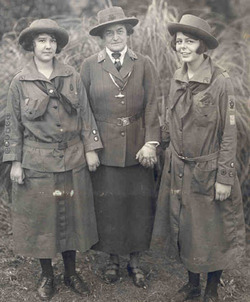 |
| Spring veggies for sale; sign in Barnet, Vermont, today. |
The unusual March warmth this year didn't do any favors for the maple sugaring season. To gather maple sap that can be boiled to the sweet syrup, you need the seasonal "up and down" surge of sap through the trunk, and that only happens when days linger above freezing temperatures, and nights fall below freezing. Too much warmth causes the trees to start to bud instead, and that changes the sap and makes it "buddy" tasting -- no good for syrup.
In The Secret Room there's plenty of information about what the Underground Railroad "looked like" in Vermont in the 1850s. (Hint: It wasn't underground. Jane Williamson, director of Rokeby, the Quaker-inspired farm in North Ferrisburgh, Vermont, where the farmers documented the fugitive African Americans passing through, says it ought to be called the "Aboveground Railroad" in Vermont!)
In a separate novel, The Long Shadow (not yet published), I followed the action during 1850 in the lives of three teenaged girls living nearby. The book actually begins in sugaring season. The little town of Danville, Vermont, had a wide-open market for the maple sugar made there, because of the politics of the time: Conventional sugar was made from molasses, which required "slave labor" then. Maple sugar, though, was made locally, without abusing or oppressing people (or animals). So if you lived in 1850s Vermont and felt strongly about the abolition of slavery, you could take a stand in your own kitchen by demanding maple sugar and banning store-bought "cane" sugar.
I've declared a sugar-free day today in my kitchen, to honor that 1850s decision by local cooks.
As you can see from today's photo, there's another "spring crop" being offered locally: parsnips. This root crop sweetens significantly over the winter, if you can save it that long, and it makes a great March vegetable. I'm waiting for my lower garden to thaw, so I can dig up another root crop: horseradish.
More on that, another day. Today I've got more writing to do, and need to take advantage of the rainy afternoon!


















